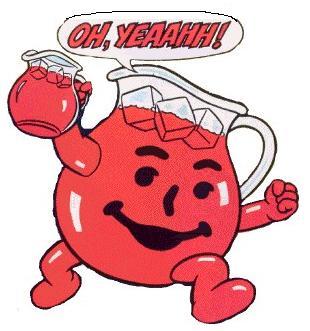Microsoft tea party against open source


If John McCain were President I doubt the Tea Party would be gaining much traction.
What some dub "the crazy" is a natural reaction to defeat. What's true in politics (George McGovern) can also be true in business, especially if the defeated army remains too big to circle the drain and disappear into bankruptcy.
In other words, people who drink the Kool-Aid can become frustrated by defeat and act out in funny ways. Even at Microsoft.
(Kool-Aid, which has been around since 1928, has become a political buzzword based on an unfortunate incident the company had nothing to do with. Kids love Kool-Aid, and if you buy the packets you can control the sugar dose.)
Anyway, back to Microsoft. Windows Mobile is being crushed by Google Android. Governments are rejecting Microsoft in favor of open source. Microsoft Azure is nothing next to Amazon's EC2 cloud. Bing!
If you have made your career drinking the corporate Kool-Aid (and Redmond can be pretty isolated from the rest of the computing universe) what's going on in the market these days can seem absolutely maddening.
Hence the crazy.
- Tivanka Ellawala insisted that Android is not free. It's the usual FUD about patents, built around Oracle's suit against Google and Apple's suit against HTC. Only in this case it is taken to extremes, implying that anyone with an Android phone might be forced to pony up extra money to use it sometime. Patent suits don't end that way.
- Hernan Rincon, asked about Brazil's support of open source, called open source incompetent. Judging from Rincon's Twitter feed, this is the usual nonsense about innovation. He was trying to say that open source requires continual investment by government, as opposed to outsourcing, but something was lost in translation.
Notice that both these people are Microsoft careerists. Ellawala, a Stanford grad, has been with Microsoft for 11 years and it's her second employer. Rincon, a Harvard man, started at Unisys. Both joined Microsoft when it was on top. Neither is responsible for what has happened since.
There's a "mandate of heaven" aspect to technology that can be scary for those involved in it. MySpace once had that mandate, but lost it to Facebook. Yahoo once had it but lost to Google. IBM lost it to Microsoft. Microsoft doesn't have it any more.
Can Microsoft recover its mandate? Not with the crazy.